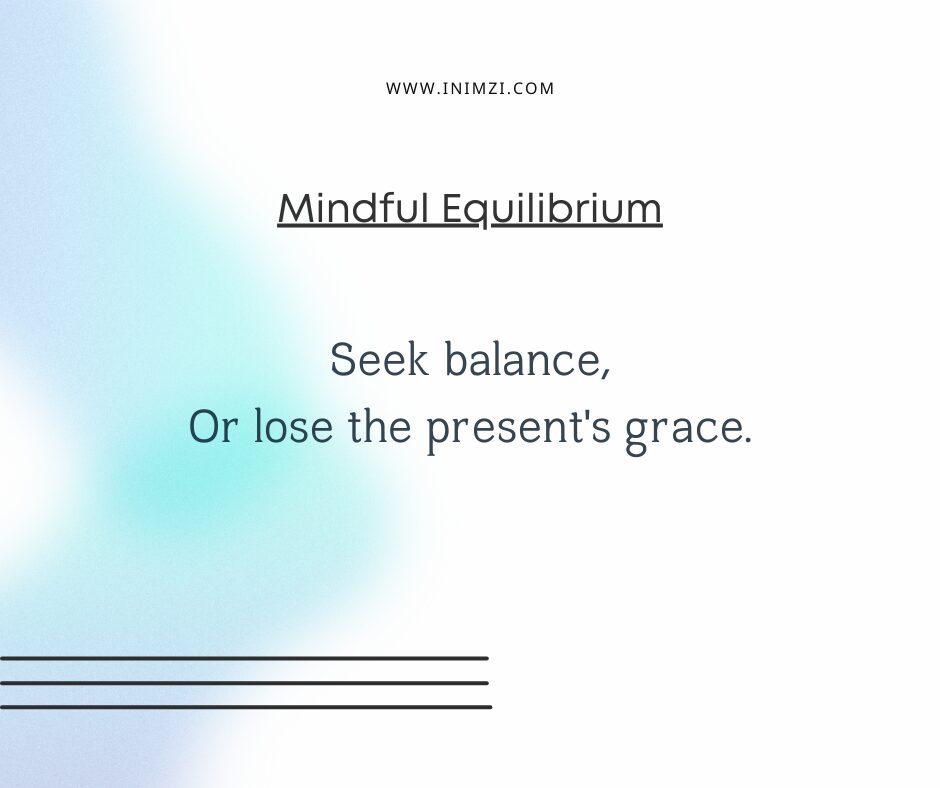Seek balance,
Or lose the present’s grace.
In mindful choice,
Find your true place.
Filed under: 🜁 Self – tracing the inner landscapes of thought, feeling, and becoming.

Seek balance,
Or lose the present’s grace.
In mindful choice,
Find your true place.
Filed under: 🜁 Self – tracing the inner landscapes of thought, feeling, and becoming.
by